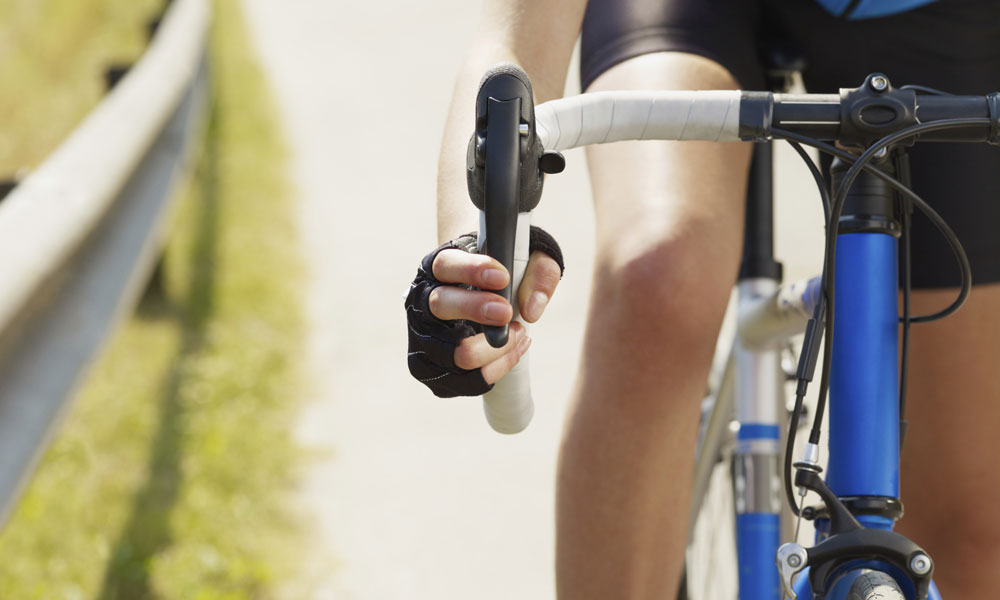
Racing to Equality, Women Form Cycling Association
Aiming to grow the sport of women’s professional cycling as well as promote greater fairness among riders of both genders, a group of women riders launched the Women’s Cycling Association this summer.
In the sport of professional cycling, there is a great divide in opportunities for men and women riders. To help close the gaps in pay, race frequency, television coverage, and prize money, a group of professional women cyclists collaborated this summer to form the Women’s Cycling Association.
What we’re saying is, ‘As professional athletes, as professional cyclists, we would like our governing body to support and work towards equality in the sport.’
“The time is right for all women cyclists and supporters of women’s cycling to join together and work towards equality in our sport,” Janel Holcomb, a professional cyclist and media director for the WCA, said in a statement [PDF] announcing the group’s official launch party last weekend.
The association, which officially began enrolling members over the weekend when it launched its website, formed in June after a group of about 20 women cyclists decided to meet after a race to discuss the actions that needed to be taken to bring more equality to the sport.
One of the first orders of business the group undertook was to get a better gauge of salary discrepancies between men and women riders. The Union Cycliste Internationale (UCI)—the sport’s international governing body—does not require a minimum salary for professional women cyclists as it does for men.
“It’s a matter of human decency to have a minimum wage, and the UCI has stated that they don’t think the women’s sport has developed far enough to require [one],” Holcomb said.
WCA circulated a salary survey via social media this summer to cyclists both in and outside the United States. The results aren’t final yet, but Holcomb said WCA hopes to do the survey annually and make it more extensive as the organization becomes better known among cyclists.
In forming the association, she said, the group is not pointing a finger at the men’s side of the sport or trying to divert resources or attention from men’s cycling to women’s.
“I think a lot of men’s professional teams and men riders understand that,” said Holcomb. “What we’re saying is, ‘As professional athletes, as professional cyclists, we would like our governing body to support and work towards equality in the sport.’”
Among the other issues the women are working to change are discrepancies in prize purses and television coverage—a typical men’s race will get three or four hours of coverage compared to 10 to 20 minutes for an average woman’s race, Holcomb said. And more professional races are currently offered for men than for women.
WCA plans to start a mentoring program for young riders and collaborate with grassroots organizations and other cycling clubs around the world to help grow the sport for all women cyclists, whether they are recreational or professional, Holcomb said. “We’re in the beginning stages, but we do have a long-term vision for the association.”
(iStockphoto/Thinkstock)






Comments